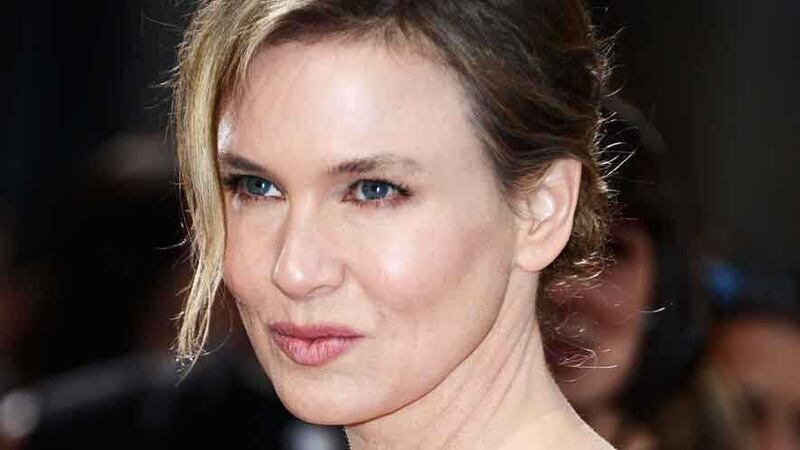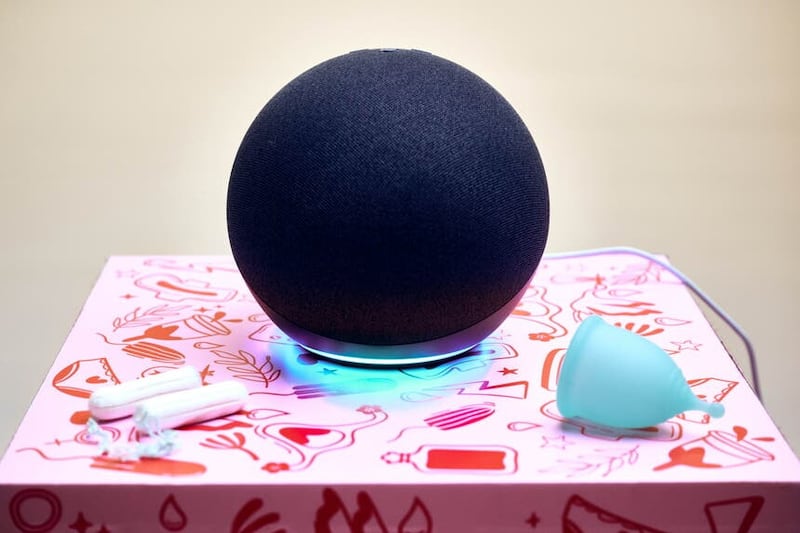“SURE who’d be looking at you anyway?”, my grandmother would say in the rare moments she caught me or either of my sisters looking in a mirror.
A repeat offence was accompanied by a loud tut and, if she was feeling particularly annoyed, a sarcastic "oh aye".
A preoccupation with your appearance, Granny thought, showed a certain weakness of mind and vanity that had to be stamped out at an early age. So long as you showed a relatively presentable face to the world, that was sufficient.
She was born in February 1908, lived through two world wars, the Great Depression, the rise and fall of the Soviet Union, saw the beginning of the Troubles and their long, drawn-out end.
She died 11 years ago but I spent so much time with her as a child that her sometimes unique view of the world couldn't help but seep in.
Her long-held suspicion of the mirror came back to me last week when a survey revealed that girls in Britain are becoming more miserable. More than a third of girls aged between 10 and 15 reported being unhappy with their appearance. Many said they felt ugly and worthless - note the apparent correlation between those two words.
The survey by the Children’s Society chimed with an earlier report by the Department of Education in England which found the mental well-being of teenage girls has worsened in recent years.
Adolescence has never been a picnic. But it seems to be getting harder. Girls in the Children’s Society survey talked of being bombarded with ‘perfect’ images on social media. Even though they knew those photos of models on Instagram were carefully shot to be as flattering as possible, some still questioned why they did not look like the woman in the pictures.
They talked about feeling trapped by these images and feeling that they were unable to get away from them.
Granny may have said “sure who’d be looking at you anyway?” but from the girls’ responses it seems they feel that everyone is looking at everyone and openly judging them on everything from their hair and weight to the shape of their eyebrows. And it isn’t just young girls who feel affected.
Hollywood actress Renee Zellweger recently spoke out about long-standing speculation she has had plastic surgery.
A couple of years ago, after a self-imposed break from the limelight, the 47-year-old attended an event looking, according to some media and internet commentators at least, “unrecognisable”.
The strange thing was that the woman pictured at the event was clearly Renee Zellweger. She couldn't have been any more clearly identifiable if she'd been holding a sign saying "I am Renee Zellweger aka Bridget Jones aka Roxie Hart aka Dorothy from Jerry Maguire”.
I found myself staring at the photographs and wondering what “unrecognisable” person others saw. Wasn’t she just slightly older? And don’t we all change a little as we age? Yet the rumours gained traction, something Zellweger has said she found unsettling.
"It's disconcerting when you see something you know is not true becoming the truth, simply because it's been repeated enough," she told the BBC.
"It opens the floodgates for something that could be of far greater consequence.”
If a 47-year-old multi-millionaire award-winning actress, whose very job involves putting herself on view, is baffled by our preoccupation with appearance then how can we expect young girls to feel any different?
As a teenager, small things can easily become magnified to become hugely significant. It’s hard enough to navigate the world, and your place in it, as an adult, never mind a child whose brain is still developing.
Sometimes, as a teenager, my grandmother’s opinions seemed deeply old-fashioned. But now they seem refreshing.
She would be the first to tell young girls they’d look perfectly fine without several layers of ‘contouring’ makeup, that there’s no need to hide behind cosmetics like an actor in a Kabuki drama.
“Nothing wrong with you,” she’d tell them while possibly relieving them of their smartphones.
Mirrors, particularly the ones in our own heads, can lie.
We have to tell our girls that they are enough and give them the confidence to carry this lesson through the rest of their adult lives. They don’t need any cameras or the distorting lens of social media to fool them into thinking otherwise.








